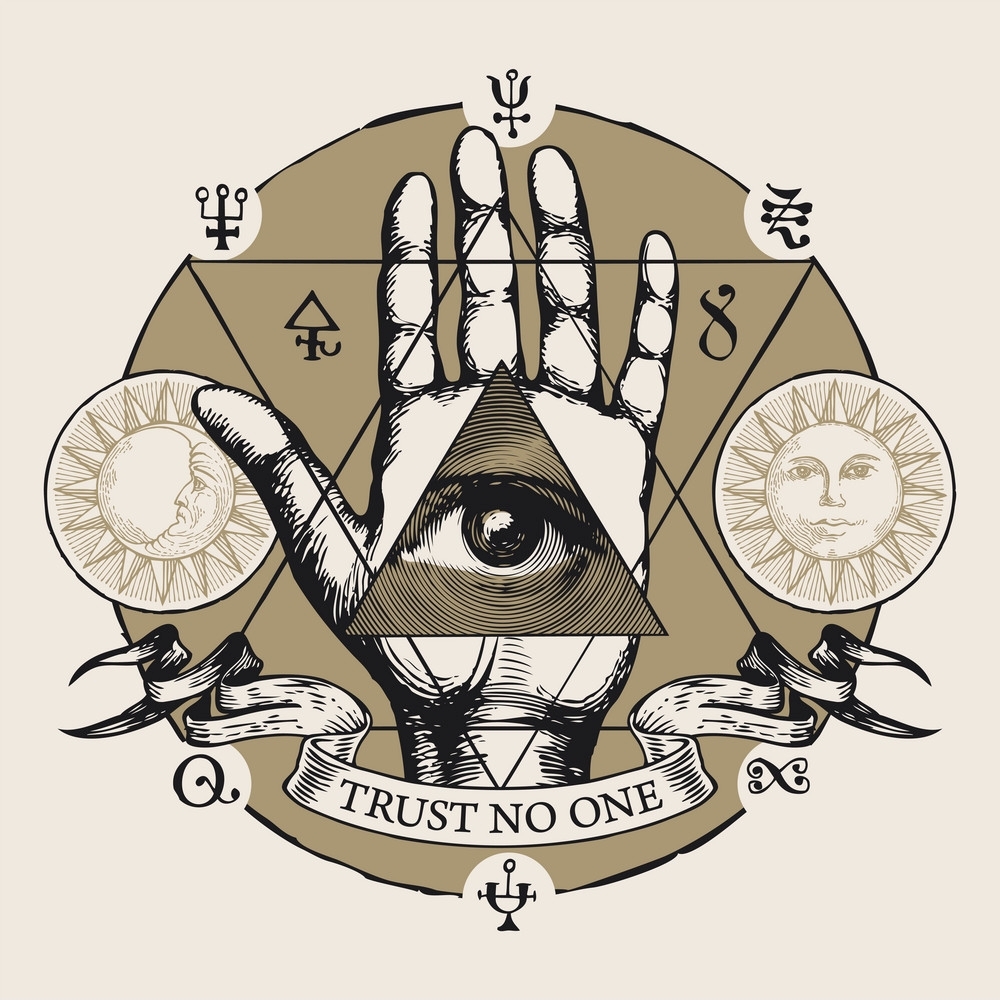While the United States Senate is often notorious for their differences along party lines, they most definitely agree on one thing—human rights must be recognized on an international scale.
The right and left recently united in reauthorizing the Global Magnitsky Human Rights Accountability Act, meant to target those guilty of gross violations of internationally recognized human rights. The reauthorization was included within a bill to suspend normal trade relations with Russia and Belarus in the wake of the devastating invasion of Ukraine.
The Magnitsky Act has been essential in keeping human rights, including religious freedom, a priority on a global scale. Initially passed in 2016, the act serves to protect human rights and battle corruption through financial and immigration sanctions.
The act evolved from the case of Sergei Magnitsky, a 37-year-old tax lawyer who in 2007 blew the whistle on the largest known tax fraud in Russian history. Magnitsky was a husband and father working for an America. n firm in Moscow. His exposure of corruption resulted in his arrest in 2008 and imprisonment under grave torturous conditions while denied medical care. A beating by prison guards resulted in his death in November 2009. Those responsible for his gruesome and untimely demise remain unpunished to this day.
While the act is written to protect all human rights, it has not been utilized adequately in the past in cases of violations of religious freedom and expression. This has resulted in 12 major international religious freedom organizations signing a letter to congressional leaders in a quest for reauthorization of the Global Magnitsky Act in expanded use for targeted sanctions against the most blatant violators of religious freedom, denying them business ties with the United States. The effectiveness of said sanctions has resulted in the adoption of the act in several countries outside the U.S., including Canada, the UK, the EU, and Australia.
The Global Magnitsky Human Rights Accountability Act, now a permanent piece of legislation, ensures that Sergei Magnitsky’s pursuance of truth and justice in the battle against worldwide corruption and his death will not be in vain.
_______________
From its beginnings, the Church of Scientology has recognized that freedom of religion is a fundamental human right. In a world where conflicts are often traceable to intolerance of others’ religious beliefs and practices, the Church has, for more than 50 years, made the preservation of religious liberty an overriding concern.
The Church publishes this blog to help create a better understanding of the freedom of religion and belief and provide news on religious freedom and issues affecting this freedom around the world.
The Founder of the Scientology religion is L. Ron Hubbard and Mr. David Miscavige is the religion’s ecclesiastical leader.
For more information visit the Scientology website or Scientology Network.
DOWNLOAD THE WHITEPAPER

